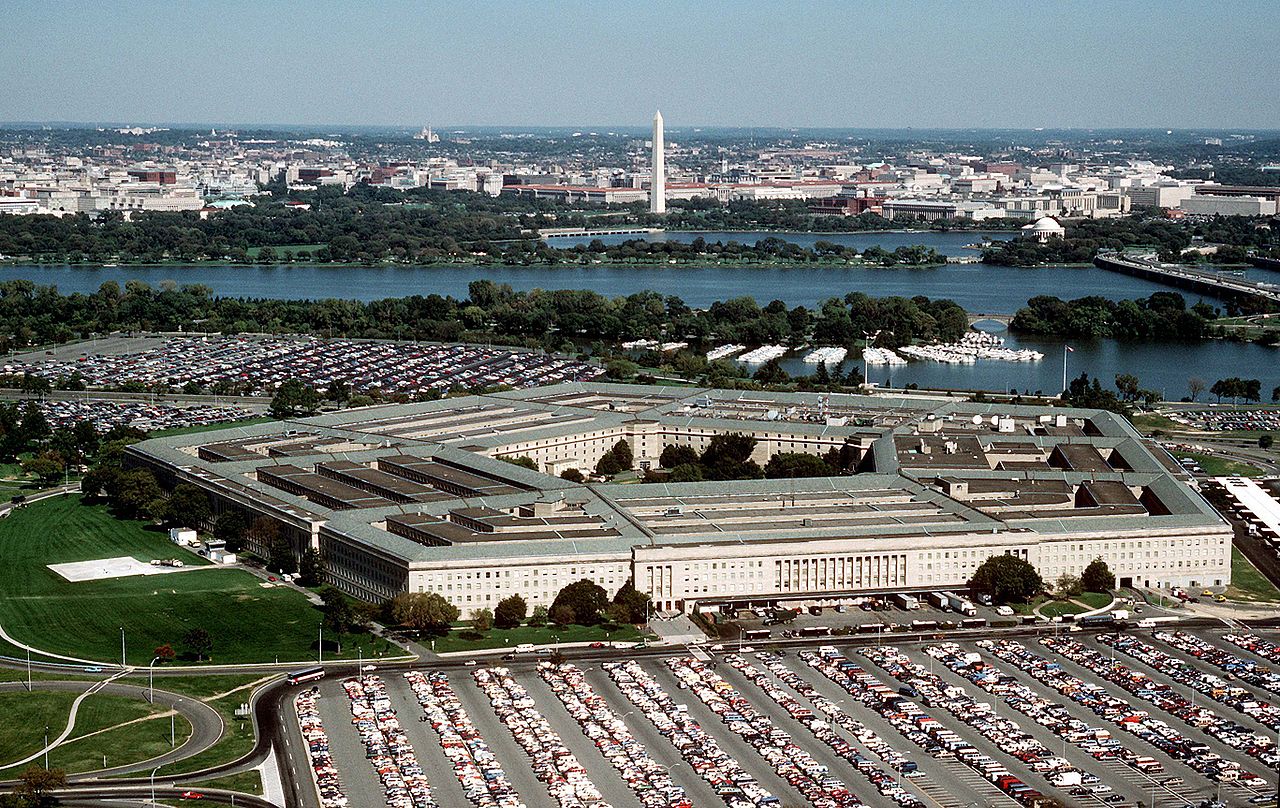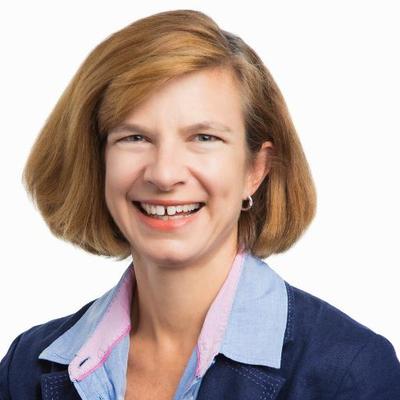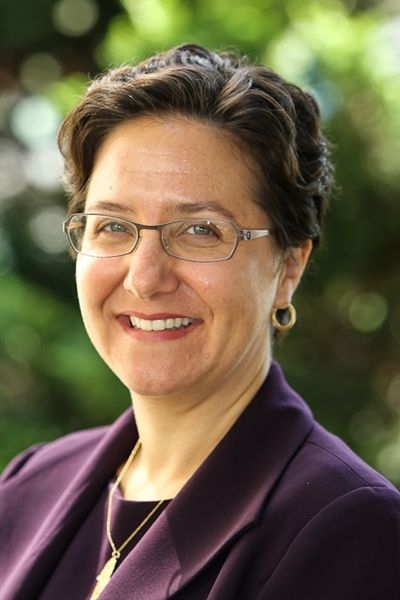The Case for Gender Diversity in National Security
From “forever wars” to cyber operations, today’s national security challenges are proving vexingly complex for both Democrats and Republicans. Boosting budgets and restructuring security agencies has not helped surmount the challenges. But there’s one thing that could: improving gender diversity in leadership teams.

Published by The Lawfare Institute
in Cooperation With

From “forever wars” to cyber operations, today’s national security challenges are proving vexingly complex for both Democrats and Republicans. Boosting budgets and restructuring security agencies has not helped surmount the challenges. But there’s one thing that could: improving gender diversity in leadership teams. The idea that teams that reflect gender balance produce better results is no longer controversial in business—as a document assembled by the business association Catalyst shows. Nor is it controversial at the International Monetary Fund, which has found that women’s participation on bank and regulatory boards increases financial stability. It's not controversial when it comes to understanding how wars end, where research documents that peace agreements in which women are active negotiators are substantially more durable over time.
Many fields have moved to implement this finding, insisting that leaders ensure gender diversity and rewarding those who do so. Not so for the American national security establishment.
Though the U.S. leads the world in national security in many respects, the gender diversity of the field has changed little from the mid-20th century. The ban on married women in the U.S. Foreign Service was lifted in 1971, and women first entered the service academies in 1975. Since then, women have broken glass ceilings as Cabinet members, flag officers, leading negotiators and combat warriors. Today, more than half of graduate students of international affairs are female, and entry-level ranks in the field include plenty of women as well as people outside the gender binary. But this surge of talent is not reflected in the upper ranks.
There are multiple reasons for this. For one thing, women aren’t getting promoted equitably. For another, more women than men leave the field before they move up to higher-ranking positions—some because of the “gender tax” of workplace sexual harassment outlined by our colleage Daniel Drezner. As a result, women have never exceeded 40 percent of senior positions (that is, assistant secretary level and above) at the State Department; at the Department of Defense, it is closer to 20 percent.
Campaign staffing is another key pathway to senior foreign policy appointments, because presidents draw on their campaigns in staffing their administrations. But there, too, women are still fighting their way in the door. As the 2020 presidential race heats up, some campaigns have hired women (including women of color), but female political operatives say they are often overlooked for top roles. The lack of senior female campaign staff means that the next president might not move enough women into high-level political appointments to benefit from the known value of diverse leadership teams.
There’s a vicious cycle: Many more men than women have held senior foreign policy jobs; so more men than women are asked to advise political candidates on foreign affairs, and that means more men are positioned for senior appointments should their candidate succeed. This is a loss, not only for qualified women in the field but also for the country as a whole. Research at the National Democratic Institute, on whose board one of us (Tamara) serves, has found that women in politics are more likely than men to work across party lines and to promote citizen confidence in democratic institutions—two outcomes that Americans say they want, and that American security policy sorely needs.The research suggests that more diverse national security leadership can help solve problems more effectively.
That is why we, with dozens of fellow national security experts, are launching a new initiative: the Leadership Committee for Women in National Security. As a first step toward increasing women’s leadership in national security policymaking, we’re asking every presidential candidate this cycle to pledge, if he or she becomes president, to strive for gender parity in senior national security and foreign policy appointments. So far, 15 candidates have signed on (you can see the full pledge and list of candidates here).
In our work on foreign policy both in and out of government, we’ve seen clearly the ways diversity makes a difference for the Americans we've sworn to protect and serve. When Heather and her colleagues at New America interviewed a bipartisan sample of female nuclear policy professionals, they heard about innovative policy outcomes from gender inclusion: more flexible workplaces as well as more effective destruction of chemical weapons, to give just two examples. In her mentoring sessions with students and others new to the field, Tamara has heard over and over that seeing women in leadership roles encourages these younger women to higher professional aspirations, while the absence of women experts—for example, events with all-male panels—is deeply demoralizing.
Women have powered through to top jobs in national security despite persistent bias, harassment, assault and other barriers to their service. But not enough women have made it into leadership for America to reap the benefits of gender diversity in national security decision-making. The more women serve in leadership roles, the easier it is for other women to raise gender-based workplace concerns and the more men become aware of and can act to counter gender bias at work. Achieving gender balance in foreign policy leadership is good for national security—and good for the men and women in the field, as well.
---
Heather Hurlburt runs the New Models of Policy Change Initiative at New America. She has held national security positions in the White House, the State Department and Congress.
Tamara Cofman Wittes is a senior fellow in the Foreign Policy Program at the Brookings Institution. She served as deputy assistant secretary of state from 2009 to 2012.






